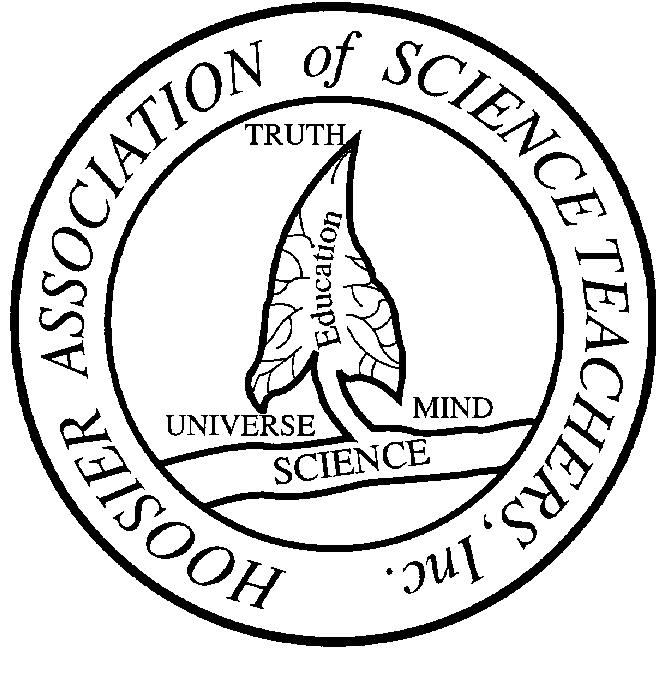Menu
Log in
| HASTIHOOSIER ASSOCIATION OFSCIENCE TEACHERS, INC. |
RESOURCES
CONTACT US"The Hoosier Association of Science Teachers , Inc" is a 501(c)3 non-profit organization. P.O. Box 383, New Albany, IN 47151 Email: Executivedirector@hasti.org |  |
Powered by Wild Apricot Membership Software
